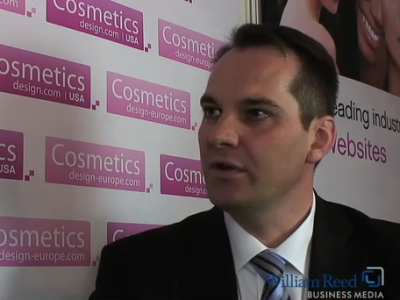DSM study underscores regenerative and protective properties of edelweiss
Based on extracts from the Alpine edelweiss flower, the ingredient is one of the company’s leading anti-aging formulations, but research looking into the composition of edelweiss and the results of further gene expression studies could put it in a stronger position.
DSM says that the additional studies reveal that the high levels of chlorogenic acid and luteolin derivatives help provide the flower with its unique capacity to protect and regenerate the skin’s natural barrier.
How does edelweiss thrive at 3,000 metres?
It is thought that the high levels of the chlorogenic acid and luteoglin are formed in the plant to help protect it from the high levels of potentially damaging UV rays that the plant is exposed to at the 3,000 metre altitude range, where it grows.
Indeed, the research, carried out by the company’s Personal Care Business unit, has concentrated on the fact that the plant has built up this natural level of resilience to thrive in a climate where other similar plants cannot.
In particular, the DSM research team says that the leontopodic acid, which was first isolated in the plant and is a primary constituent of Alpaflor, has been shown to stimulate key proteins in the skin epidermis that are responsible for the protection and regenerative properties of the skin.
Gene expression studies show multi-target activity
Further to this, the researchers said that their gene expression studies showed that the multi-target activity of Alpaflor works on a number of specific levels on account of its anti-oxidant, radical-scavenging and protection properties.
In particular, the research points to the fact that the gene expression of loricin, involucrin, filaggrin, keratin 1 and keratin are all significantly up-regulated, while the ingredient also helped to create and reinforce a protective ‘cellular barrier’ against environmental factors such as UV rays.
Dr. Volker Rosenberg, who is DMS’s global marketing manager for skin care, said that the study was part of the company’s on-going search to bring new consumer benefits to its range of high-performing compounds.












